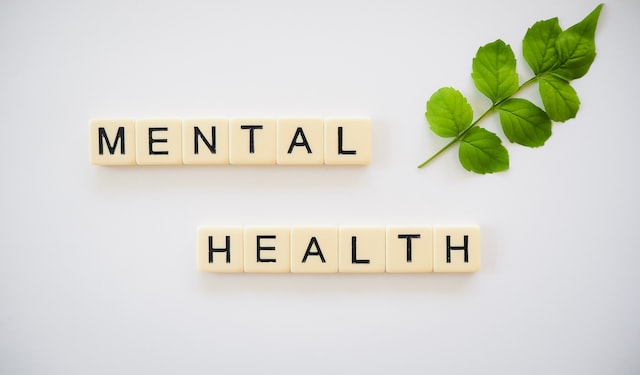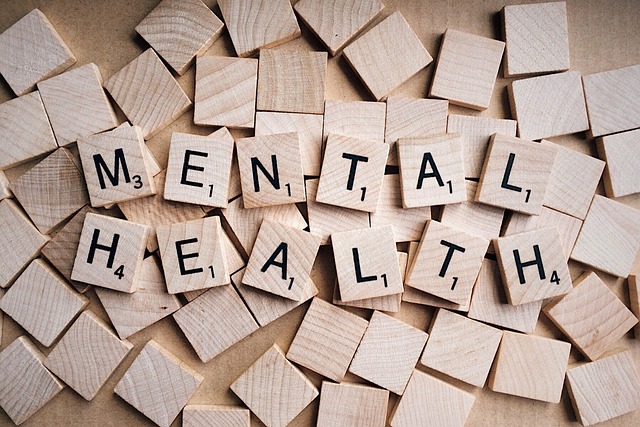Welcome to our article exploring the influence of traditional Chinese medicine on modern health care practices in Chiang Mai. As an ancient form of medical care, traditional Chinese medicine has a rich history dating back over two thousand years. This incredible system of medical knowledge has been integrated into modern health care practices to provide a more holistic approach to patient care. In this article, we will explore the benefits of incorporating traditional wisdom into modern techniques, as well as the future outlook for this dynamic field in the health care industry in Chiang Mai.
Key Takeaways:
- Traditional Chinese medicine has influenced modern health care practices in Chiang Mai by providing a more holistic approach to patient care.
- Ancient wisdom has been integrated into modern techniques to create innovative treatments and therapies for patients.
- Integrating traditional Chinese medicine into Western medicine can enhance patient wellness and provide alternative treatment options.
- Training and education are important for practitioners of traditional Chinese medicine to ensure quality patient care.
- The future of traditional Chinese medicine in Chiang Mai’s health care system looks promising with ongoing advancements and research.
Understanding Traditional Chinese Medicine
Traditional Chinese medicine (TCM) is an ancient system of healing that has been practiced for thousands of years. It is a holistic approach that incorporates an understanding of the body, mind, and spirit to promote overall health and well-being. TCM focuses on balancing the energies in the body, which are known as Qi, Yin, and Yang.
TCM treatment modalities include acupuncture, herbal medicine, massage, and dietary therapy. Acupuncture involves the use of thin needles inserted at different points throughout the body to stimulate Qi and promote healing. Herbal medicine uses natural substances …

















